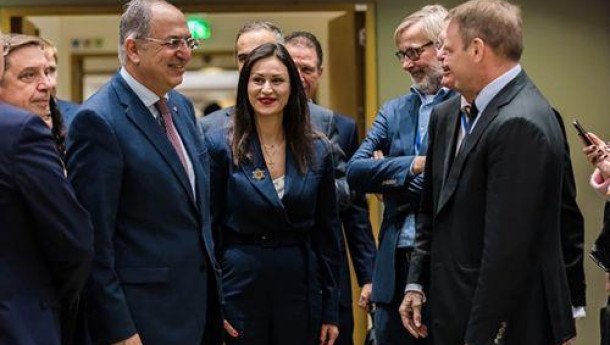
The need to maintain the Common Agricultural Policy (CAP) as an independent pillar of support for farmers was stressed by Minister of Agriculture, Rural Development and Environment, Dr. Maria Panayiotou, who participated in the Council of Ministers of Agriculture and Fisheries of the European Union (EU), between December 9-10, and concluded in the early hours of Wednesday morning.
The Ministry of Agriculture says in a press release that, in the context of a discussion on fisheries issues, the Ministers, following two days of intensive consultations, reached a political agreement on the proposals for fishing opportunities in the Atlantic and the North Sea, as well as for the Mediterranean Sea and the Black Sea for 2025.
“The Minister, in her intervention during the discussion on fisheries issues, congratulated the new Commissioner for Fisheries and Oceans, Dr. Costas Kadis, on assuming his duties and expressed her belief that cooperation will be close, to promote the sustainable management of fishery resources and the protection of marine ecosystems,” it is noted.
It is added that Cyprus once again raised the problems and challenges faced by its fishing fleet and called on the Commission to contribute to finding effective solutions. Regarding the Regulation for the Mediterranean and the Black Sea, Dr. Panayiotou stressed Cyprus' commitment to the principles and objectives of the Common Fisheries Policy, as well as to the promotion of sustainable fisheries management, taking into account sensitive socio-economic balances.
She also underlined the importance of cooperation between European and third countries in the Mediterranean Sea, based on the Law of the Sea. In addition, she supported the strengthening of control and monitoring of fishing activities in the Mediterranean, ensuring equal conditions of competition with third-country fishing fleets.
With regard to agricultural issues, it is noted that the Ministers adopted the Conclusions on "the post-2027 Common Agricultural Policy (CAP) with a focus on farmers," Dr. Panayiotou, in her intervention, referred to the positive points of the text, underlining the necessity of maintaining the CAP as an independent pillar of support for farmers with effective tools, adapted to local specificities. In addition, she praised the recognition of the specificities of island states, the strengthening of resilience and water availability in agriculture, and further support for small and family farms.
The Minister highlighted the need to address market crises, within the framework of the new CAP, the promotion of generational renewal, as well as the participation of women in agriculture. She also pointed out that the challenges related to climate change should be addressed immediately. Finally, Dr. Panayiotou opposed any interpretation of the text in a way that would refer to the external convergence of direct payments, stressing that any distribution should consider the local specificities of all Member States.
During the presentation of the Conference on the Future of the European Beekeeping Sector, organised by the Hungarian Presidency, the Minister underlined the importance of the beekeeping sector for both the environment and agricultural production, highlighting the need for adequate support for beekeepers so that they can respond to the challenges of climate change.
Ministers also discussed the prospects and future of the bioeconomy in the EU, recognising that it can constitute an important new source of income for farmers. Dr Panayiotou, in her intervention, referred to the value of the bioeconomy in addressing the challenges of climate change, and the development of new products and services that will ensure additional income for farmers. She supported the establishment of a regulatory framework to facilitate the implementation of the bioeconomy in the EU, highlighting Cyprus' priority for the transition to the circular economy model through the National Action Plan for the "Strengthening the Circular Economy 2021-2027".
It is also noted that the Hungarian Presidency presented the progress of the work on the Regulation on the protection of animals during transport, with the Cypriot Minister noting the need to consider the local specificities of island Member States and to protect the competitiveness of EU products vis-à-vis products from third countries. Regarding the proposal for new genomic techniques, she stressed the importance of safeguarding the rights of farmers and breeders, and avoiding monopolies or oligopolies that would burden the agri-food chain.
On the sidelines of the Council's work, Panayiotou had separate meetings with the new EU Commissioner for Fisheries and Oceans, Dr. Costas Kadis, and the new EU Commissioner for Agriculture and Food, Christophe Hansen, the press release concludes.

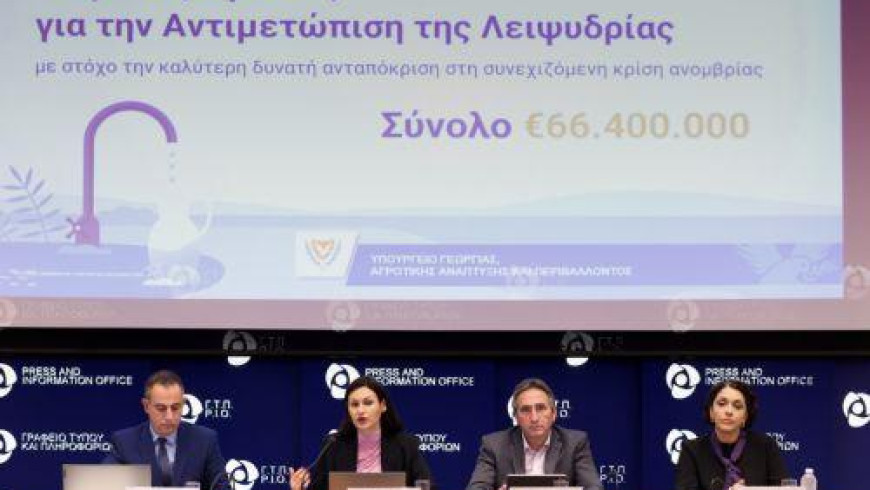
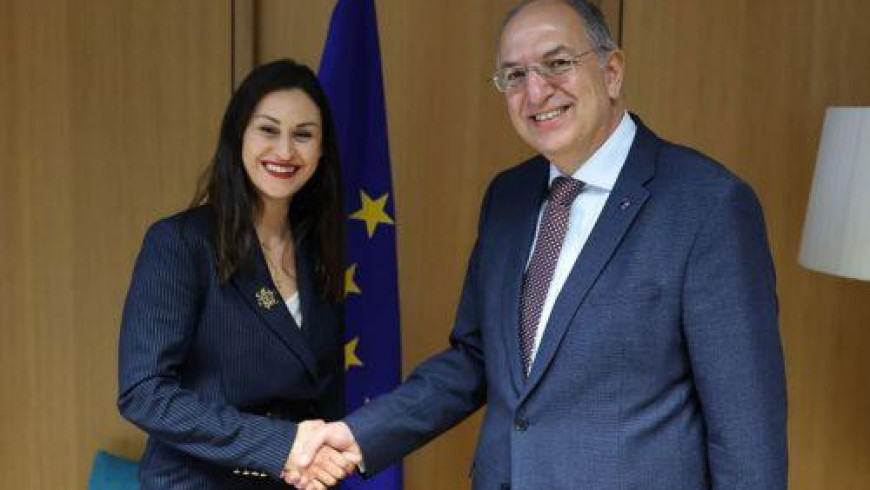
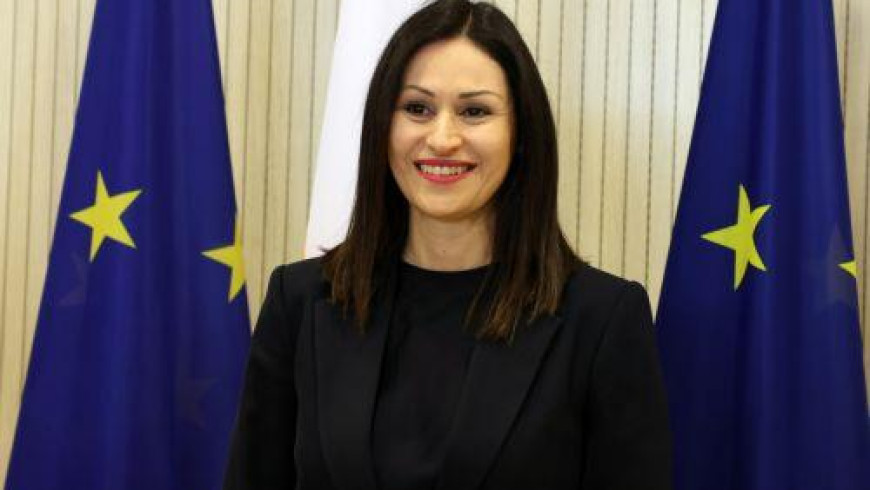
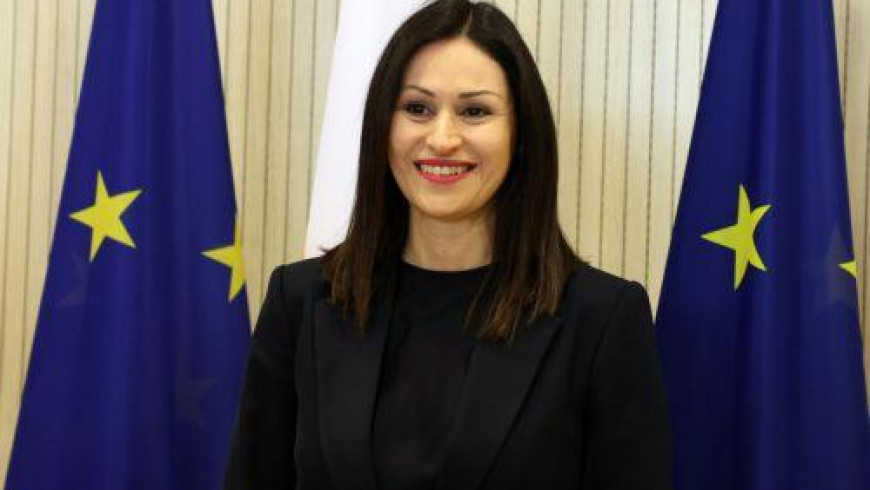
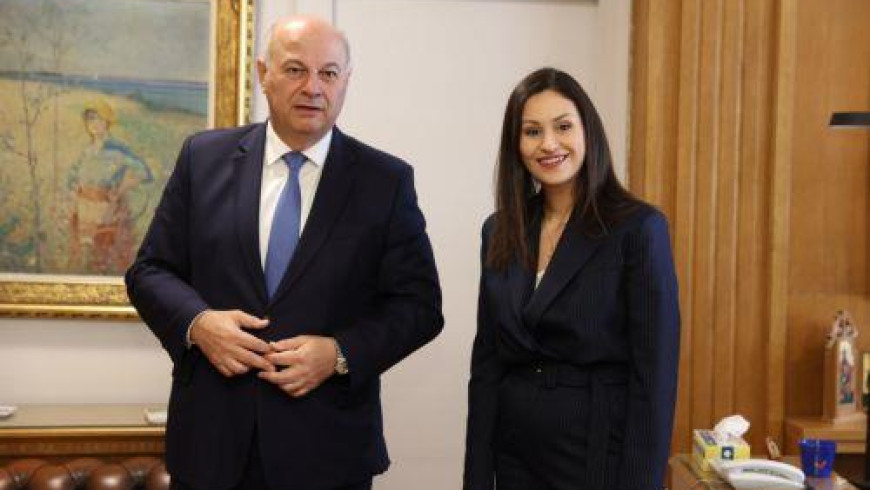
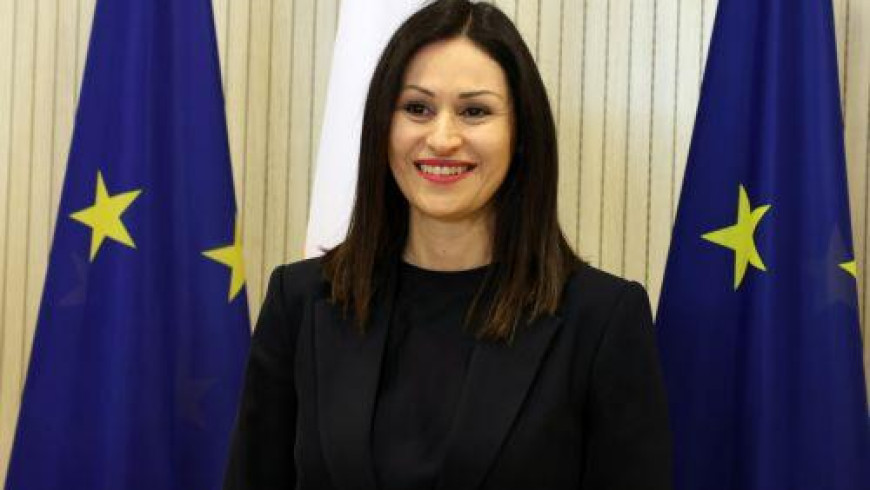
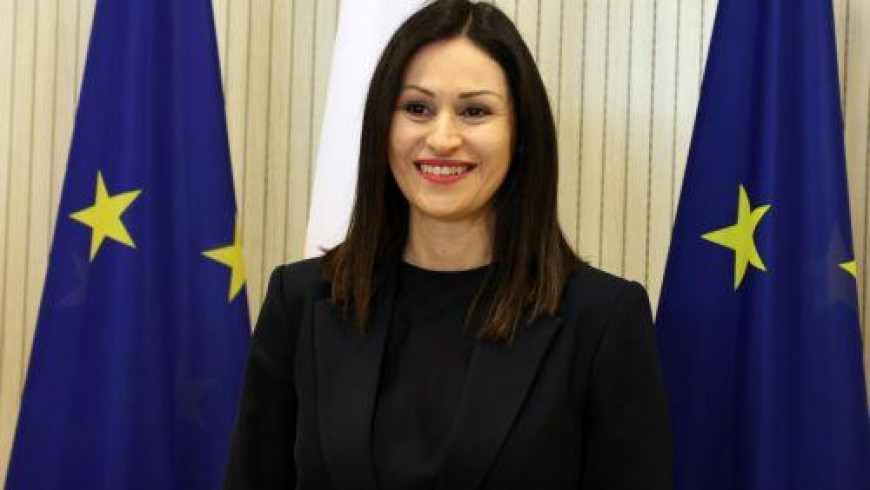






 3287.99
3287.99 1275.09
1275.09
